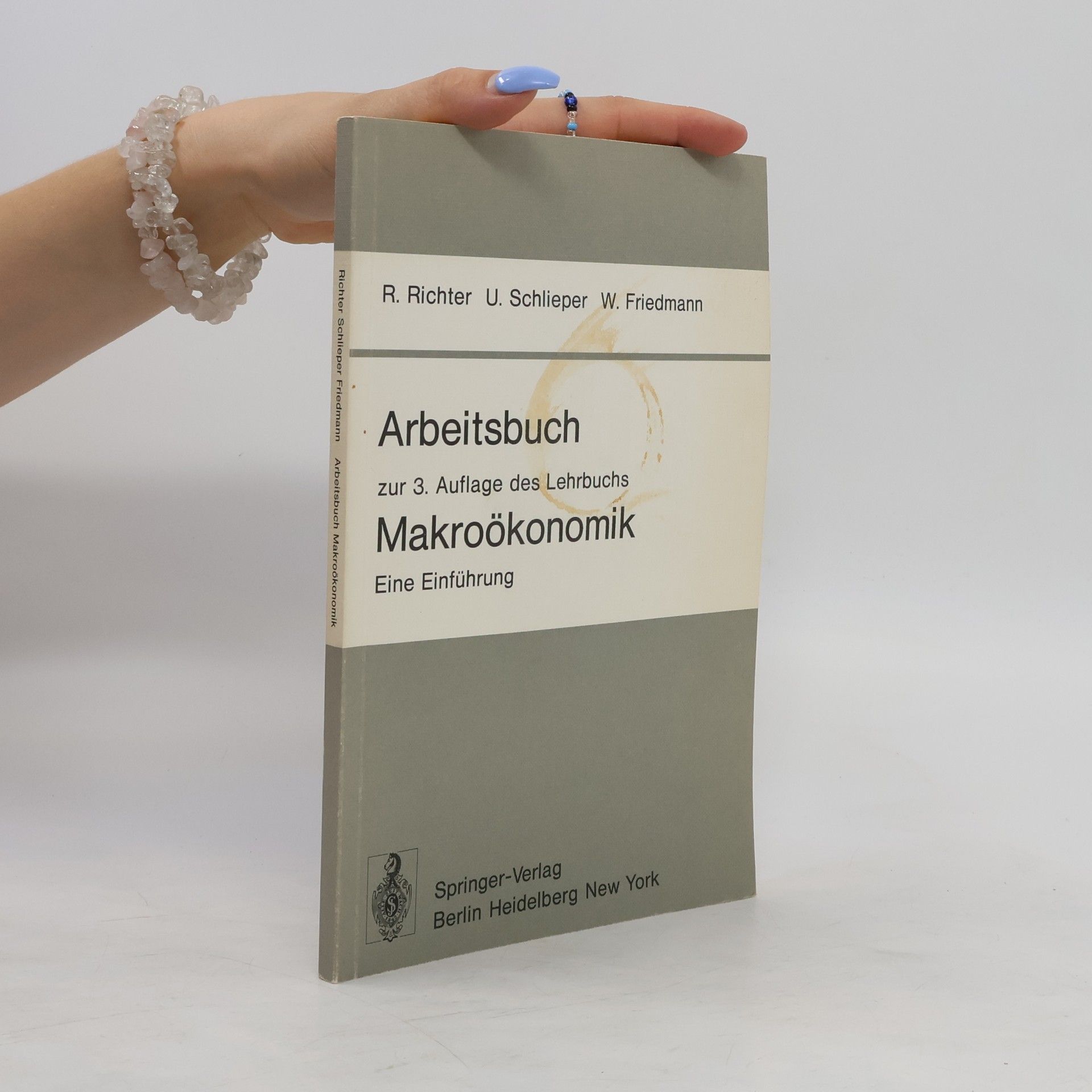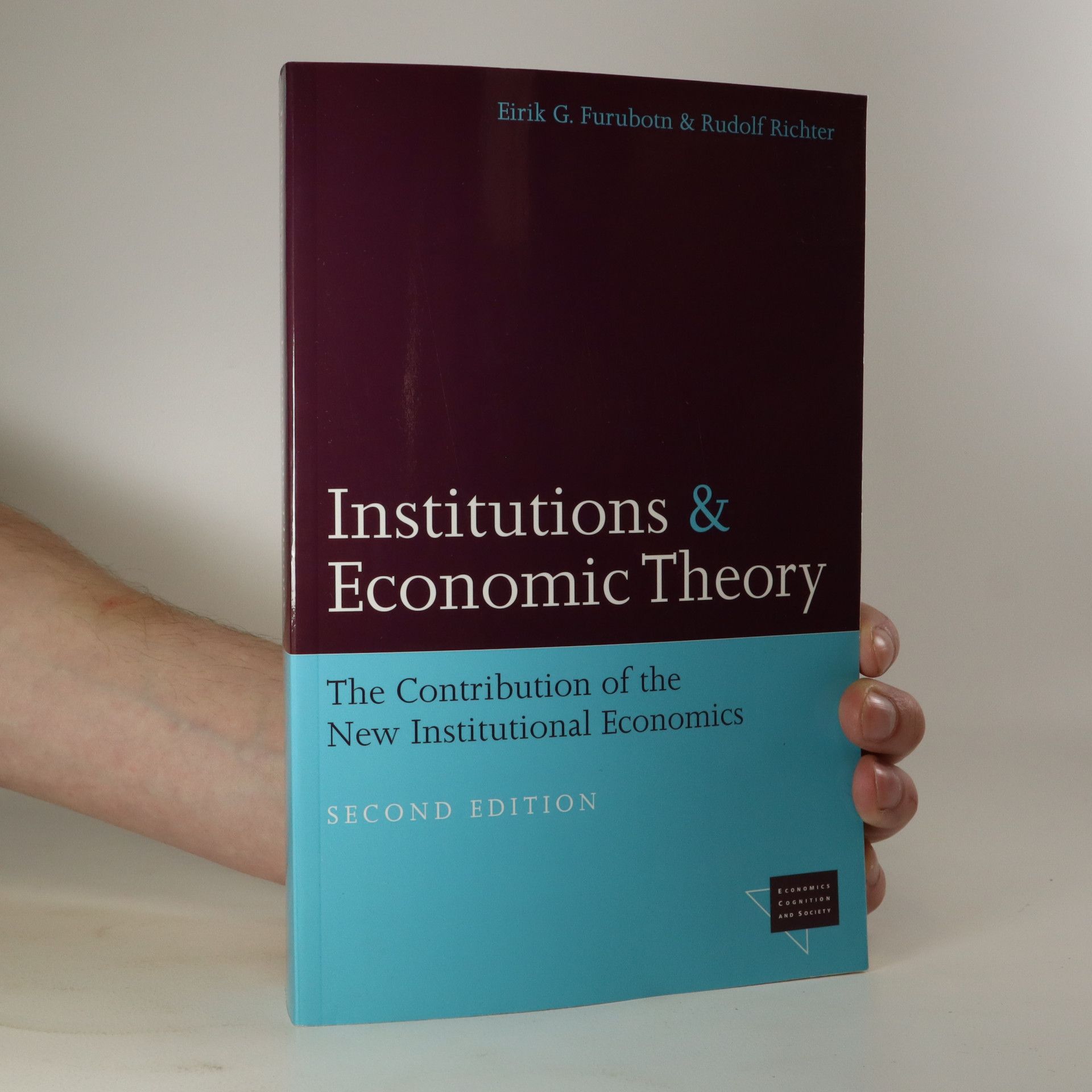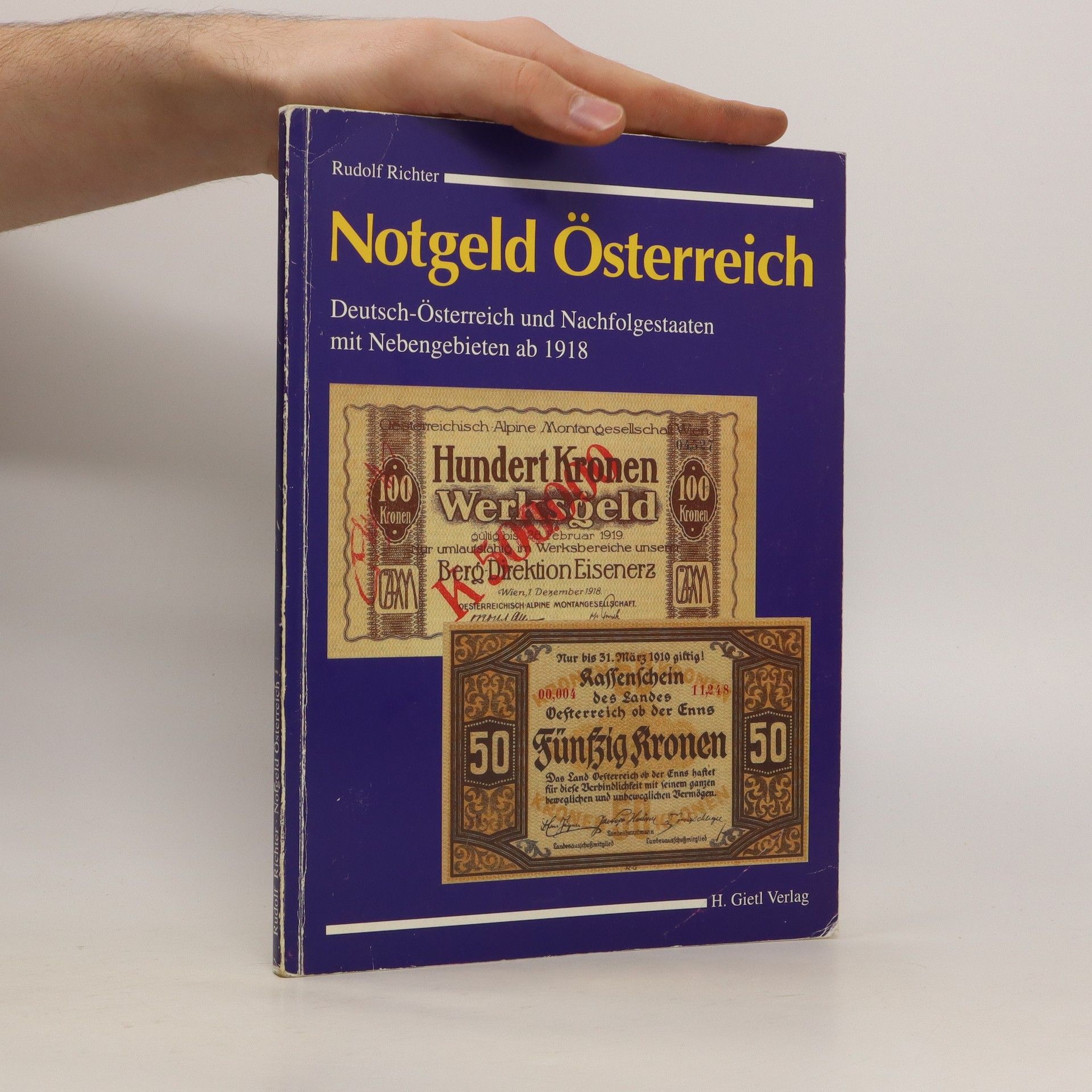This second edition assesses some of the major refinements, extensions, and useful applications that have developed in neoinstitutionalist thought in recent years. More attention is given to the overlap between the New Institutional Economics and developments in economic history and political science. In addition to updated references, new material includes analysis of parallel developments in the field of economic sociology and its attacks on representatives of the NIE as well as an explanation of the institution-as-an-equilibrium-of-game approach. Already an international best seller, Institutions and Economic Theory is essential reading for economists and students attracted to the NIE approach. Scholars from such disciplines as political science, sociology, and law will find the work useful as the NIE continues to gain wide academic acceptance. A useful glossary for students is included. Eirik Furubotn is Honorary Professor of Economics, Co-Director of the Center for New Institutional Economics, University of Saarland, Germany and Research Fellow, Private Enterprise Research Center, Texas A&M University. Rudolph Richter is Professor Emeritus of Economics and Director of the Center for New Institutional Economics, University of Saarland, Germany.
Rudolf Richter Boeken






Diese Einführung macht mit den Wurzeln der Soziologie vertraut und vermittelt Basiswissen, um sich im Feld soziologischer Theorien orientieren zu können. Der Band zeichnet die soziologischen Paradigmen nach, die den meisten Schulen und Theorien zugrunde liegen: das materialistische und das systemtheoretische Paradigma sowie jenes, das den Menschen und sein Handeln in den Mittelpunkt stellt. Ergänzt werden sie durch die Darstellung feministischer und postmoderner Theorien, Ausführungen zu den verschiedenen Formen des Konstruktivismus und Globalisierungstheorien.
Österreich
Banknoten und Staatspapiergeld ab 1759
Theoretische Volkswirtschaftslehre
Eine persönliche Kurzfassung
Was versteht man unter Theoretischer Volkswirtschaftslehre? Es geht um die Verfuegung der Einzelnen ueber knappe Gueter und Dienste. Diese stehen im Spannungsfeld zwischen oeffentlich-rechtlichem Zwang (Politik) oder freiwillig eingegangenen Schuldverhaeltnissen (Tausch). Knapp zusammengefasst: Die Steuerung des Verhaltens Einzelner in einer Welt voller Ungewissheit per Kommando oder durch frei verhandelten Tausch. Worum es im Einzelnen geht, ist ein rhetorisches Problem. Wer mitreden will, muss die vorherrschenden Denkfiguren kennen - wie die Theorien von Walras oder Keynes, von Marx oder Lenin, um sie argumentativ einsetzen zu koennen. Die Neuauflage ist erweitert durch ein Kapitel zum Thema "Die grosse Transformation.



